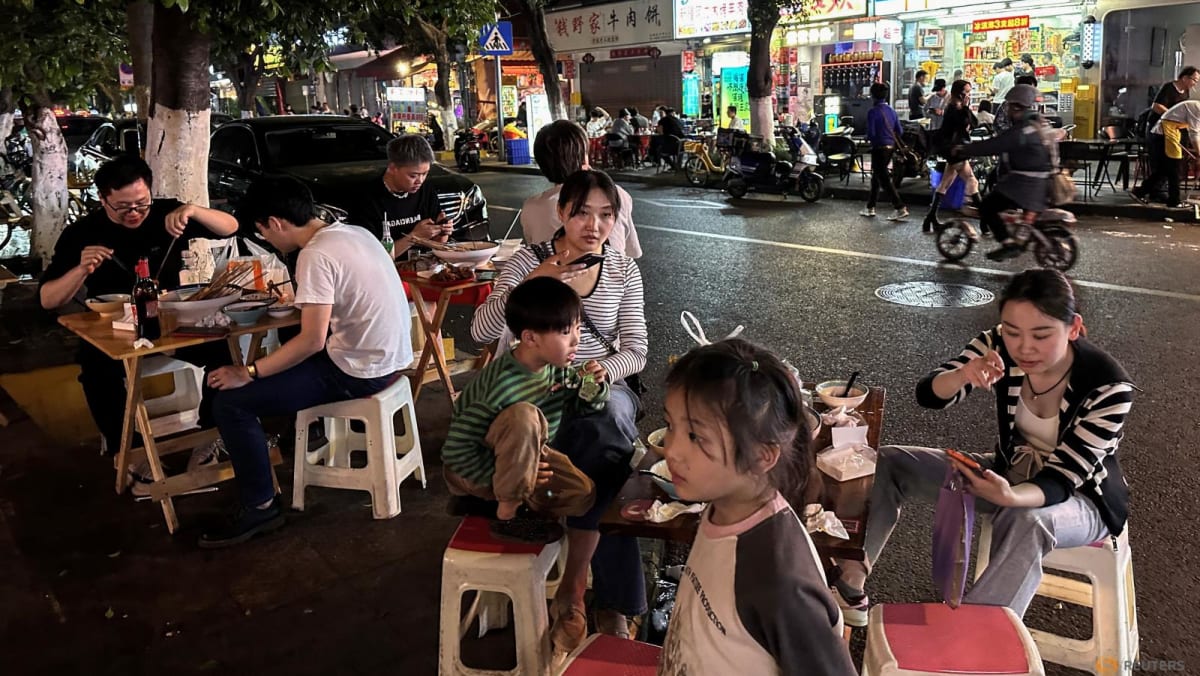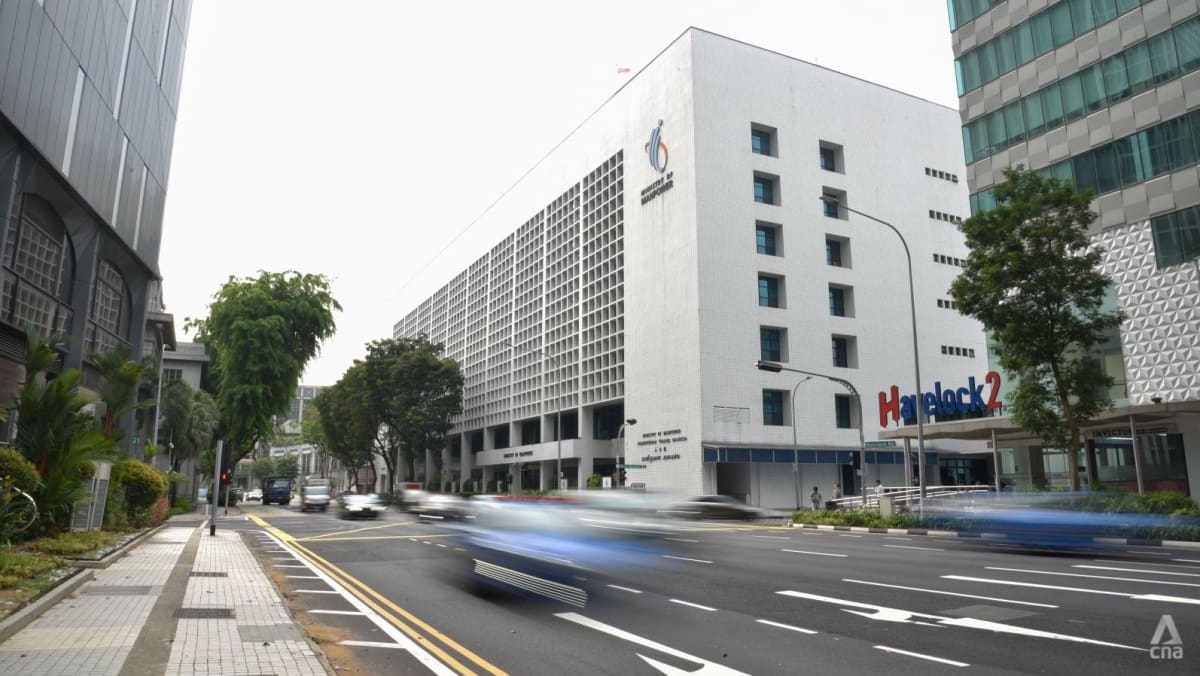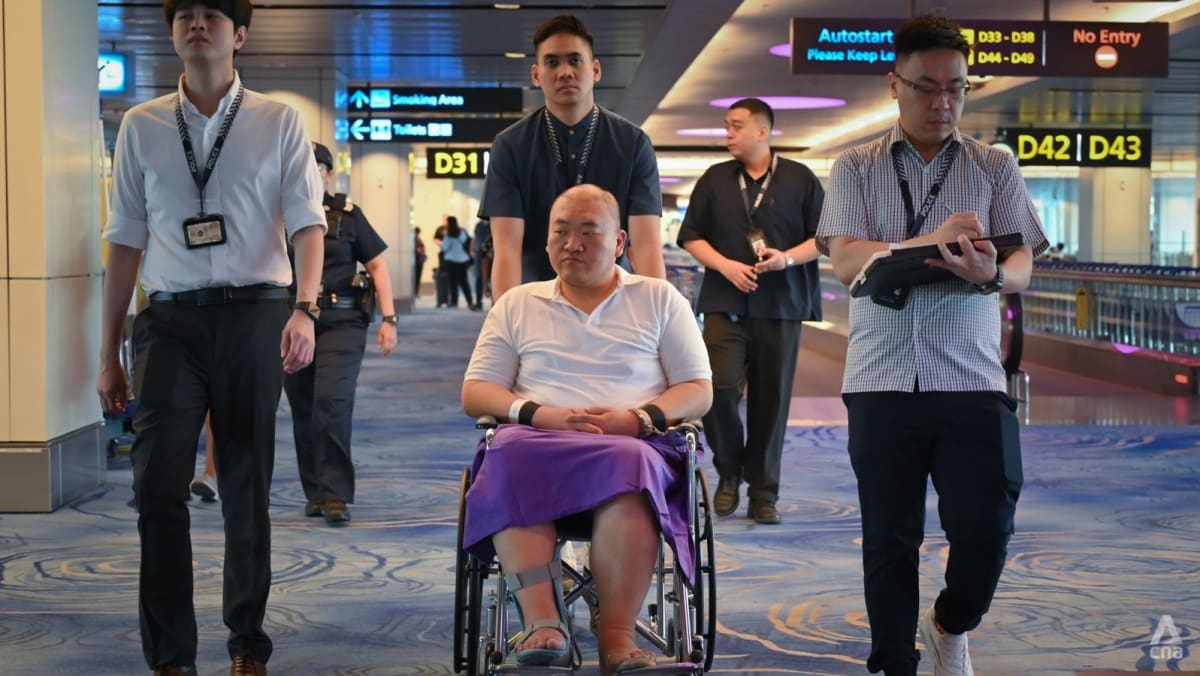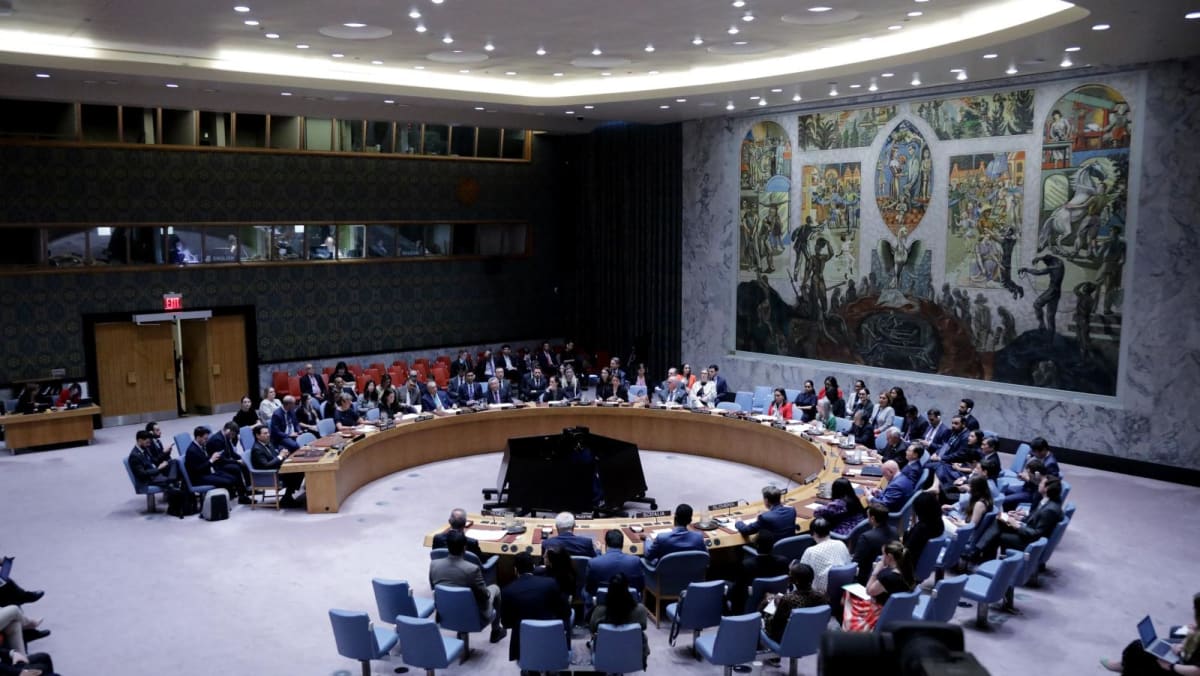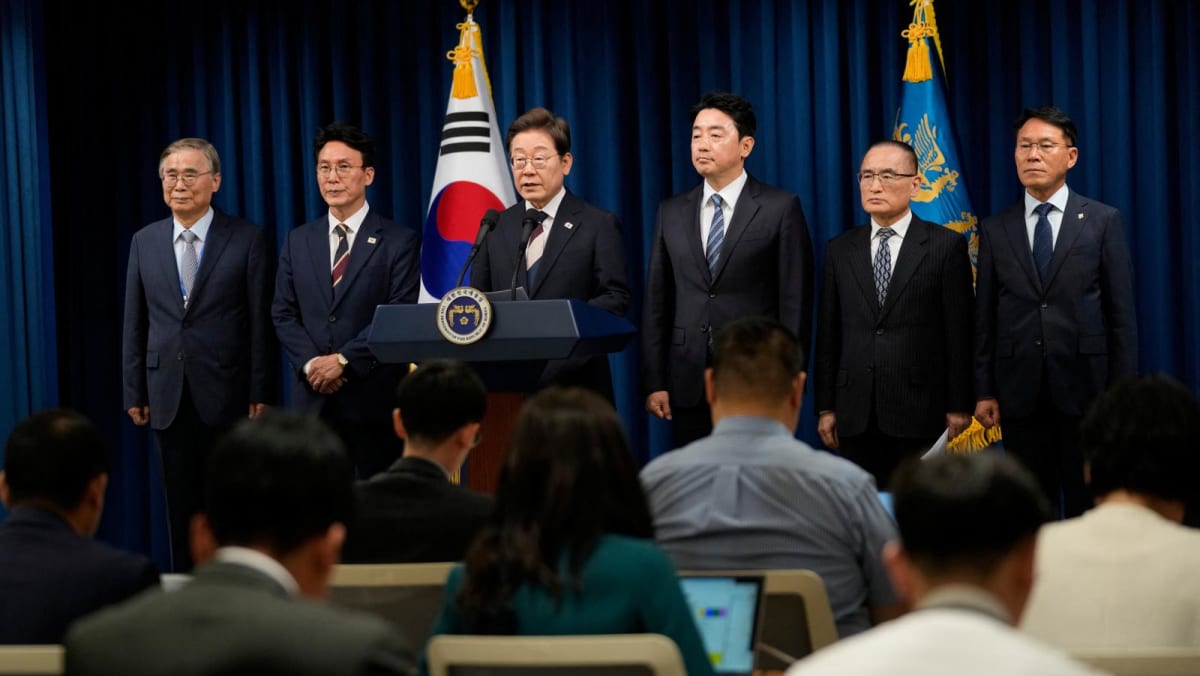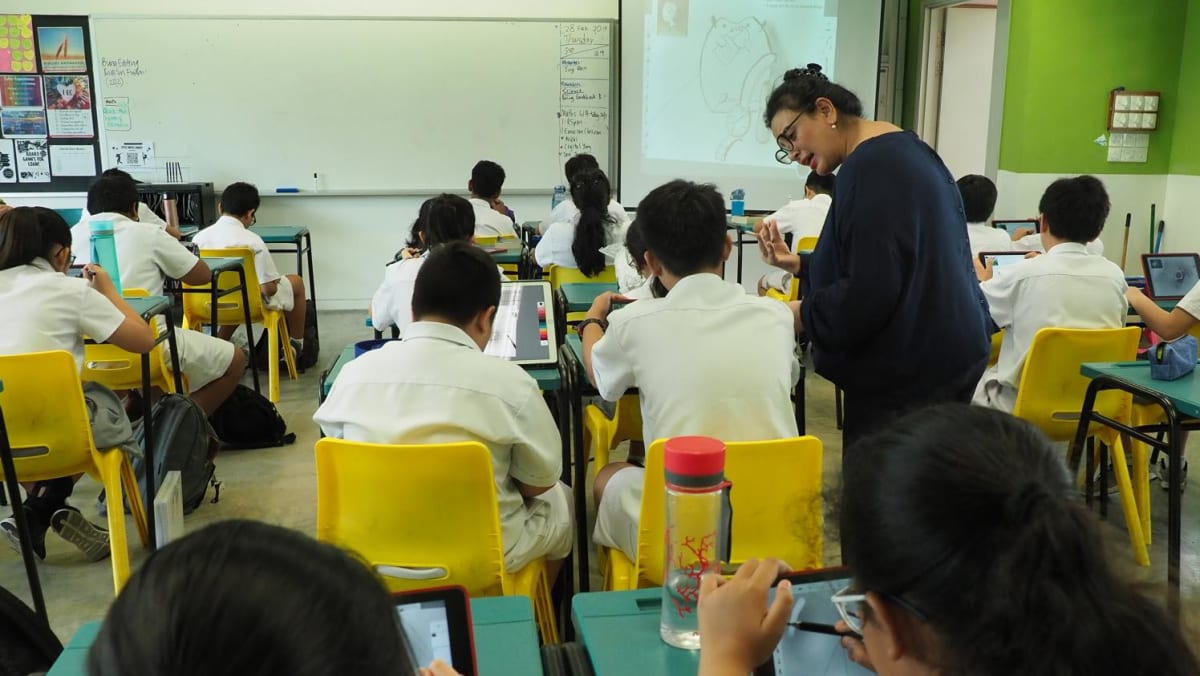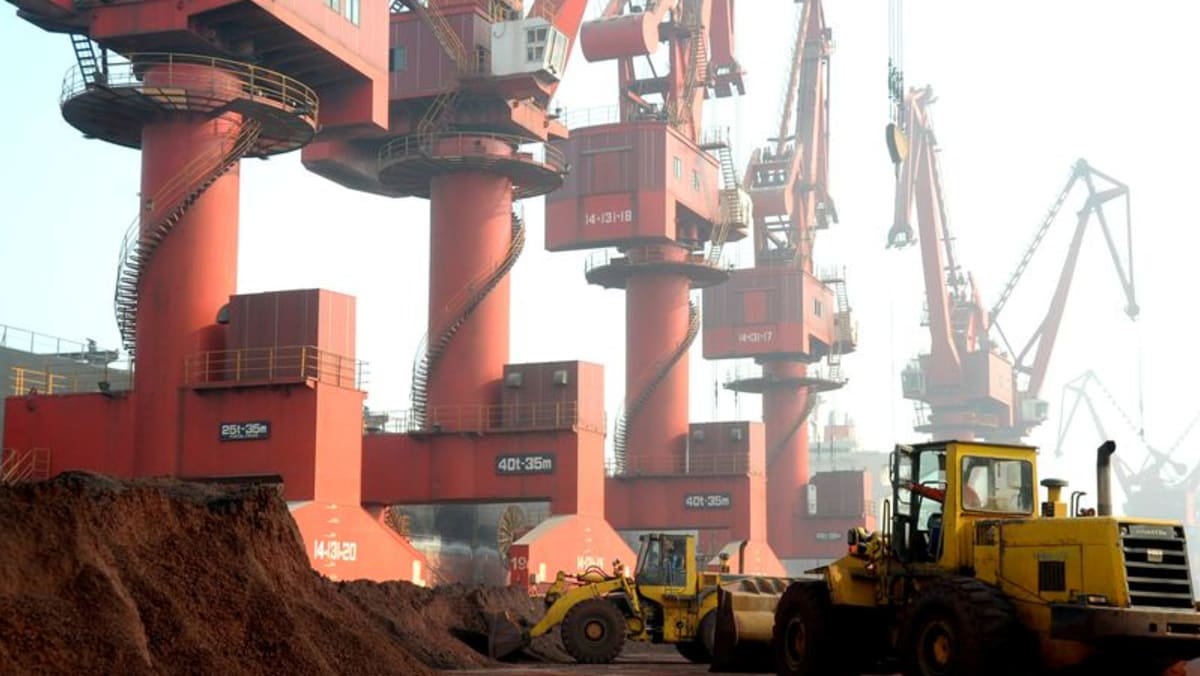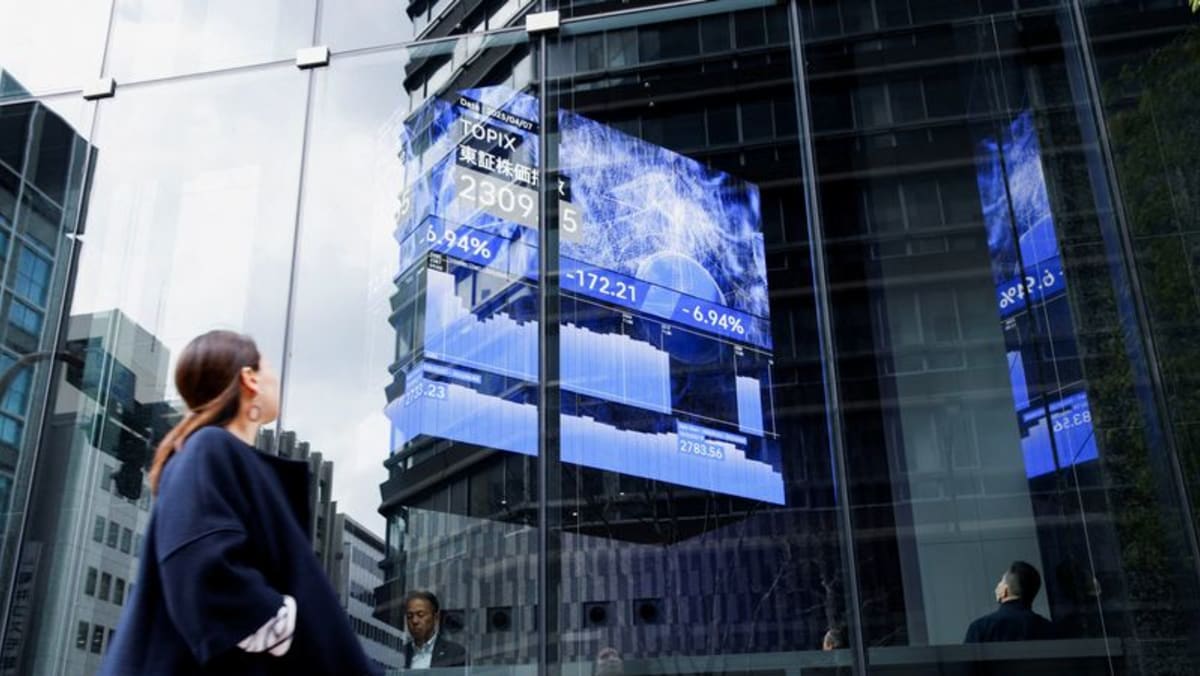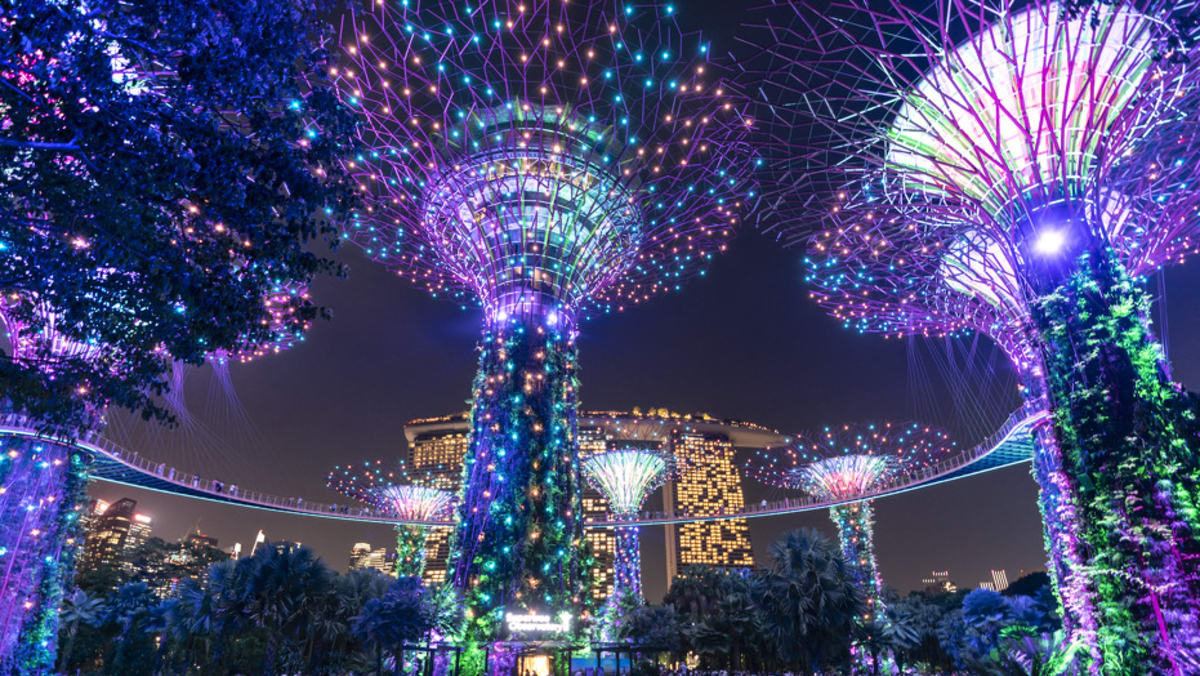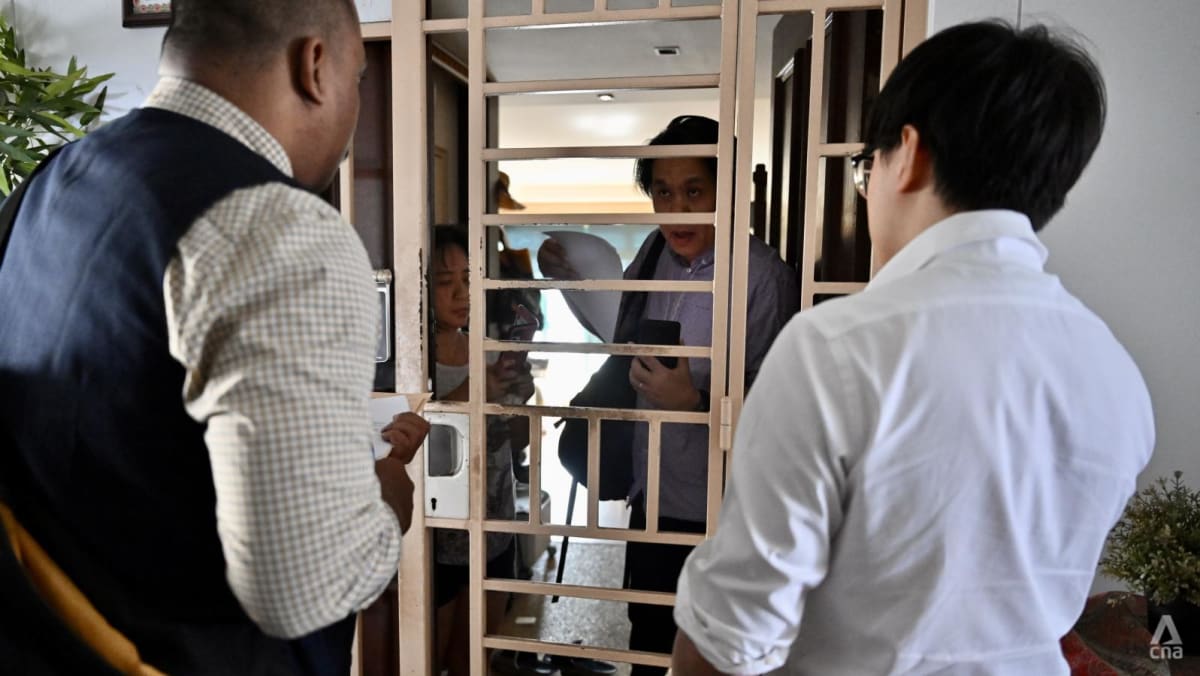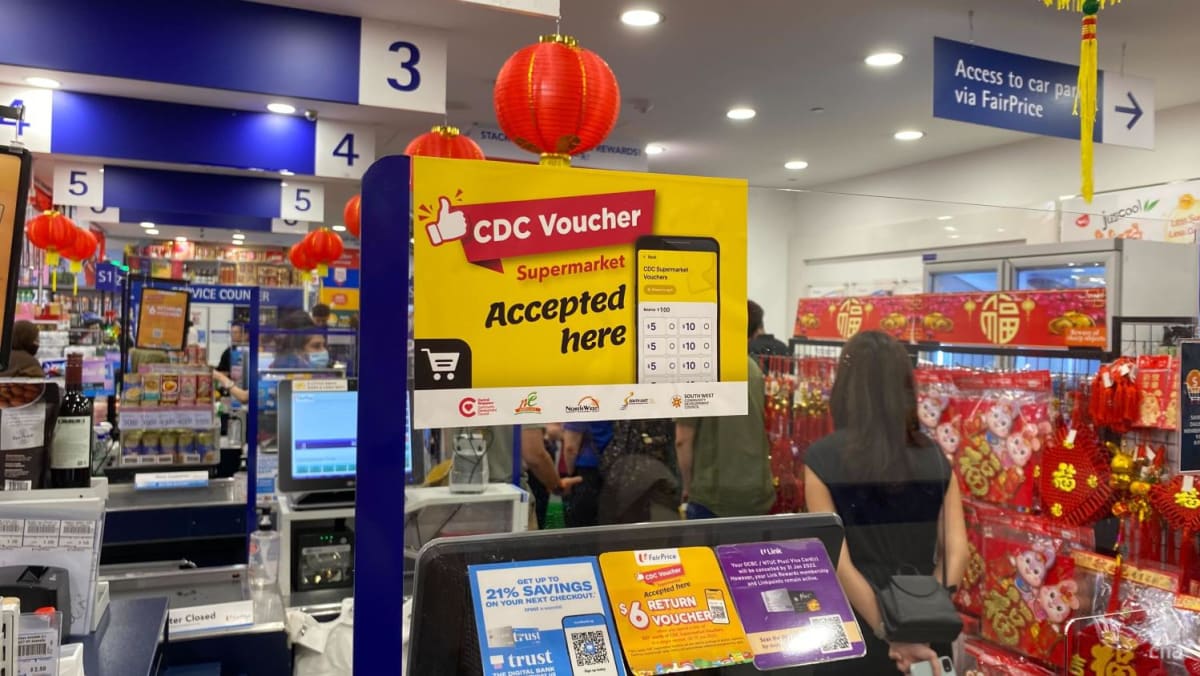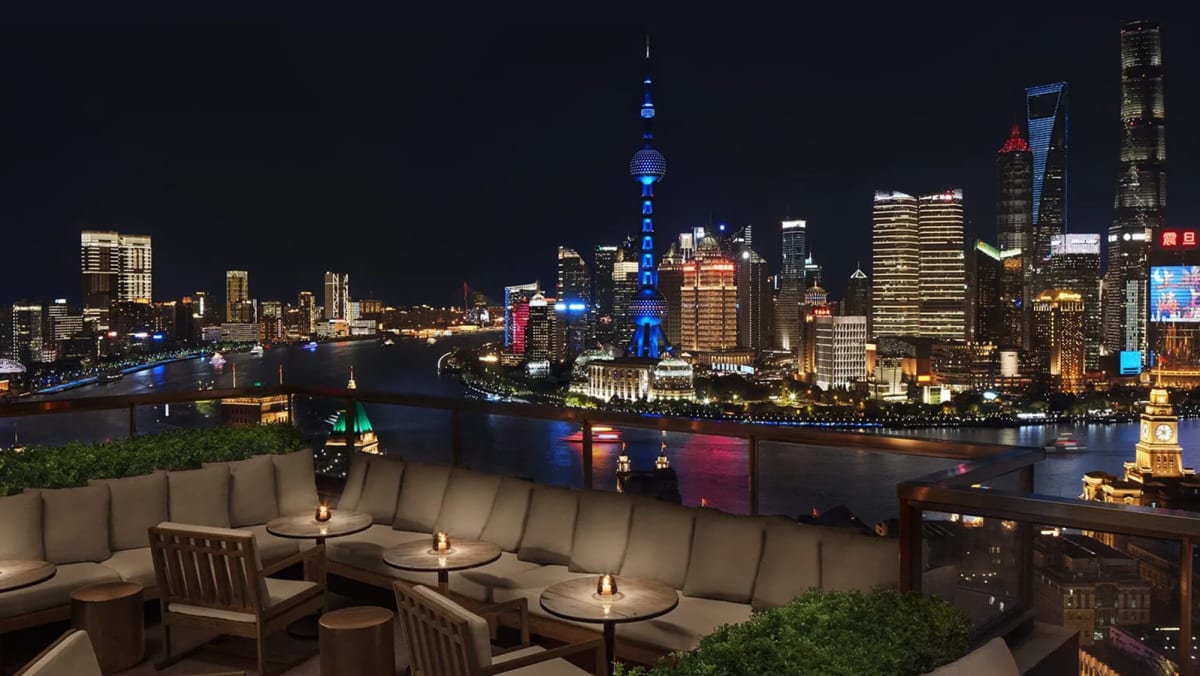SINGAPORE: As sweeping US tariffs usher in a new era of global uncertainty, Chinese President Xi Jinping is set to embark on a tour of Southeast Asia, a well-timed and strategic trip analysts say is aimed at strengthening regional ties while bolstering Beijing’s reputation as a dependable economic partner.
Southeast Asian countries have been among the hardest hit by US President Donald Trump’s tariff onslaught and Xi’s visit has been strategically timed, analysts told CNA.
“Xi’s trip is obviously timed to respond to Trump’s decision to impose tariffs on all countries, particularly as Southeast Asia is China’s largest trade partner,” said Carlyle Thayer, emeritus professor at the University of New South Wales (UNSW) Canberra.
Lim Tai Wei, an East Asian affairs observer and professor at Soka University’s Business Faculty, said the trip is part of China’s regional charm offensive towards countries “perceived to have also been hurt by tariffs”.
Cambodia was slapped with one of the highest tariff rates at 49 per cent while imports from Vietnam and Malaysia will face duties of 46 and 24 per cent, respectively.
Xi will visit Malaysia from Apr 15 to Apr 17 and is also expected to visit Vietnam and Cambodia - marking his first overseas trip of the year and his first to Southeast Asia since a state visit to Vietnam in December 2023.
Earlier this week, he pledged to strengthen strategic ties with neighbouring nations by “appropriately” managing differences and enhanced supply chain ties.
But Lim said Xi's visit and the reception extended to him by host countries “may be more measured”. Overreaching by both sides could disrupt broader efforts given that some ASEAN nations are still engaged in ongoing negotiations with Washington.
Malaysia, Vietnam and Cambodia are “likely to be very careful with their statements and not offend either side”, and will keep statements “broad and general rather than bold” to reflect ASEAN’s collective ideas, Lim said.
He added that Malaysia and Vietnam are likely to be “especially cautious” of the optics (of hosting Xi at this time), due to ongoing tariff negotiations with Washington.
“These negotiations are complex and sensitive, especially given Trump’s unpredictability,” Lim told CNA. “Both countries will be careful not to jeopardise ongoing talks with Washington while welcoming China’s top leader.”
Regional observers previously anticipated that Xi is likely to step up outreach efforts in Southeast Asia in 2025.
His upcoming three-nation tour of Southeast Asia will be his first of such scale since 2013 shortly after taking office, said Lye Liang Fook, an associate senior fellow at the ISEAS-Yusof Ishak Institute.
Writing in an online commentary published on Jan 9, Lye noted that Xi has made 10 visits to the region since 2013.
Lye also noted that Xi’s previous Southeast Asia visits typically included no more than two countries and were often timed alongside major global summits happening such as his state visit to Thailand in 2022 following the G20 summit in Bali.
The only occasions he visited Southeast Asia solely for bilateral state visits were Cambodia in October 2016, Myanmar in January 2020 and Vietnam in December 2023, Lye said.
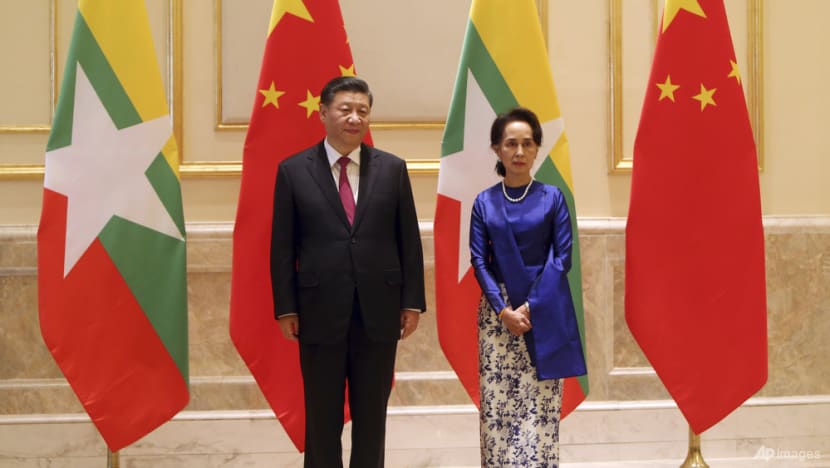 China's Xi Jinping meets with former Myanmar leader Aung San Suu Kyi on Jan 17, 2020. (Photo: AP/Aung Shine Oo)
China's Xi Jinping meets with former Myanmar leader Aung San Suu Kyi on Jan 17, 2020. (Photo: AP/Aung Shine Oo)
MEGA DEALS UNLIKELY ON THE CARDS
Southeast Asia, with its 680 million-strong population, has become increasingly crucial to both US and Chinese interests.
ASEAN, made up of 10 member states, is China’s largest trading partner. In 2024, trade with ASEAN countries accounted for 15.9 percent of China’s total foreign trade - with bilateral trade reaching US$962.98 billion, according to official statistics. In comparison, US-ASEAN trade ranked second, totaling an estimated US$476.8 billion in 2024.
But perceptions and support in the region towards both superpowers remain divided, according to recent results of an annual survey published by the ISEAS-Yusof Ishak Institute think tank.
It showed the US regaining the edge over China as the region’s preferred prevailing power, although observers said regional sentiment is expected to shift as a result of Trump’s tariff pledges.
Results also found that China remains the region’s most influential economic and political-strategic power, slightly ahead of the US, even as respondents from nations like Vietnam and the Philippines expressed strong levels of distrust in Beijing, believing that strong-arm tactics would continue to threaten national interests and sovereignty.
Analysts are expecting a further deepening of collaborations between China and Southeast Asian countries, particularly in trade as a result of Trump’s tariffs, though major deals are highly unlikely to be finalised or inked during Xi’s upcoming visit.
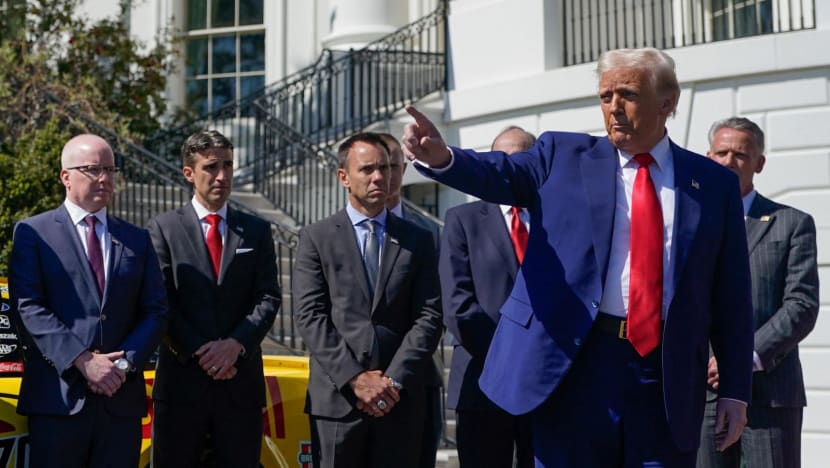 US President Donald Trump gestures outside the White House on Apr 9, 2025. (Photo: Reuters/Nathan Howard)
US President Donald Trump gestures outside the White House on Apr 9, 2025. (Photo: Reuters/Nathan Howard)
Xi rarely presents himself as a dealmaker focused on securing business agreements during state visits, Lim said.
“Xi’s visits are usually highly scripted and symbolic. He will likely aim to demonstrate that China has friends in the region,” he added.
“There may be announcements of strengthened business ties between entities, but not necessarily politically charged deals.”
Lim also said the Chinese supremo is likely to use the coming trip to portray China as a stable and dependable partner to the region, in contrast to the US approach widely viewed as increasingly unpredictable and inconsistent.
“Trump has become more unpredictable to negotiate with compared to his first term,” said Lim. “His demands are also now far more complicated.”
Xi will also try to find common ground during his visit to mitigate the impact of Trump’s tariffs, said Thayer.
He added that China will likely seek to ensure key supply chains in the region remain open and existing trade barriers are addressed within the framework of the Regional Comprehensive Economic Partnership (RCEP) free trade agreement, which comprises the 10 ASEAN states as well as partners Australia, China, Japan, Republic of Korea and New Zealand.
Rather than focusing solely on offering economic incentives, the Chinese delegation is likely more interested in understanding how the three host countries Malaysia, Vietnam and Cambodia - and ASEAN as a whole - “plan to respond to the punitive trade measures imposed by the US”, Thayer said.
China’s delegation is likely to prioritise efforts to secure new markets in the region - in a bid to cushion the impact of US punitive measures on its economic growth, said veteran Malaysian diplomat Dr Ilango Karuppannan, also a former High Commissioner to Singapore and Ambassador to Lebanon.
“At this moment, China needs both economic partners and political support,” he added.
“This trip is important for China as it looks for ways to free itself from the constraints imposed by Trump's unfavourable policies.”
SENDING A SIGNAL THROUGH ASEAN
Xi's selection of the three Southeast Asian countries - Cambodia, Vietnam and Malaysia - reflects a mutual alignment of interests, analysts say.
Cambodia has long been one of China's staunchest allies in the region. Both countries have maintained a strong alliance for decades, strengthened by lucrative infrastructure investment deals and military support.
Xi has not visited Cambodia since 2016 and his upcoming trip will be his first since Hun Manet assumed office, observers say, adding that the visit in April will aim to strengthen ties with the country’s new leadership.
Relations between Vietnam and China have grown increasingly strained over overlapping territorial claims in the South China Sea, which has served as a catalyst for US-Vietnam ties.
But with the recent imposition of high tariffs, Beijing could now see a strong opportunity to draw Vietnam closer, Lim says.
“As a manufacturing hub, Vietnam views trade as crucial to its survival. Its leadership is expected to continue with its ‘bamboo diplomacy’ approach to foreign relations (with China),” Lim said, adding that Hanoi is likely to “engage in a delicate balancing act between Beijing and Washington to safeguard its own interests”.
Xi is expected to make a strong impression during his trip to Malaysia on Apr 15, said former diplomat Karuppannan, who now runs “Diplomatify”, a YouTube channel where he discusses regional and global affairs.
Malaysia currently serves as ASEAN’s chair, a position that “confers a certain amount of power and influence in terms of agenda setting, convening of meetings and the drafting of joint statements”, said Karuppannan.
“This is where China finds Malaysia to be important, in the regard of finding the political support that China wants,” he added. He also highlighted Malaysia’s strong economic ties with China, benefiting from ongoing Chinese-funded infrastructure projects, such as railways.
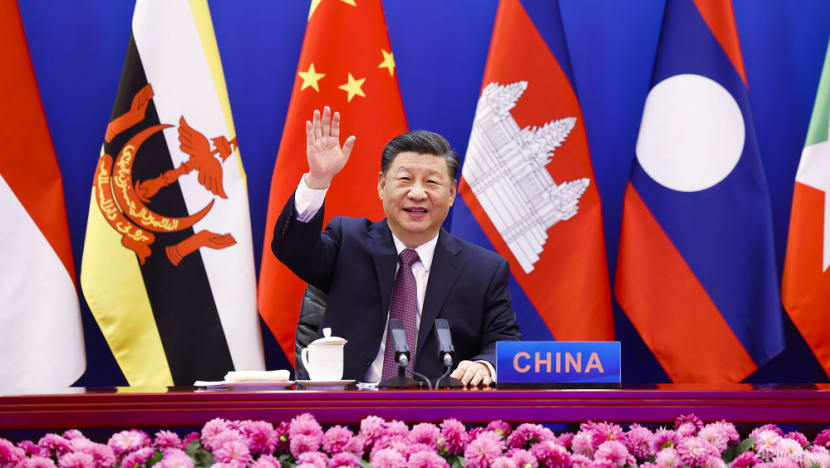 China's Xi Jinping waves via video link from Beijing on Nov. 22, 2021. (Huang Jingwen/Xinhua via AP)
China's Xi Jinping waves via video link from Beijing on Nov. 22, 2021. (Huang Jingwen/Xinhua via AP)
EXERCISE CAUTION
In a dramatic change of policy, Trump announced a 90-day pause for most countries hit by US tariffs.
But he has kept pressure on China, raising tariffs to a steep 125 percent and intensifying what has now become a full-scale confrontation between the world’s two largest economies.
However, the three countries hosting Xi should be cautious about appearing to “take China’s side during this sensitive period” - especially with ASEAN’s longstanding principle of neutrality in the US-China rivalry, experts say.
While countries are anticipated to set aside their own differences with China during Xi's visits, challenges may still arise in China’s diplomatic efforts, analysts say.
Karuppannan highlighted Vietnam’s interest in plans to purchase weapons and defense equipment from the US to address trade shortfalls.
“China realistically cannot prevent Vietnam from pursuing these efforts and strengthening its ties with the US - that’s simply the reality,” he said.
The rivalry between the world’s two largest powers is set to intensify rather than ease, Karuppannan said.
“For decades, the world has supported the US in maintaining an open global trading system, fearing that countries like China might resort to unfair trade practices or protectionism to advance their own interests.”
“Today, the roles have reversed. Beijing is now pushing to keep the global trading system open, while Washington is playing the very role we once feared China would take.”
“Xi’s coming visit is significant because we remain locked in the same struggle to preserve the openness of the global trading system,” he added.



